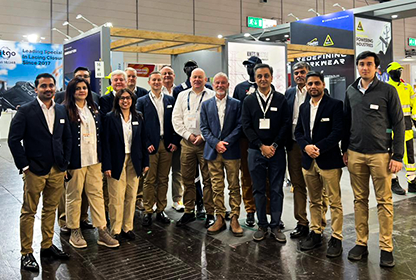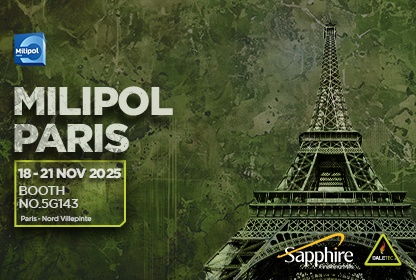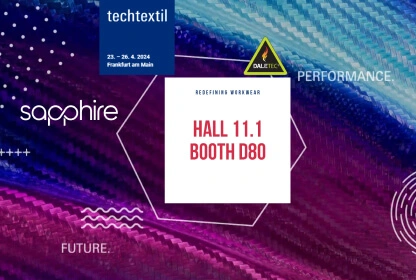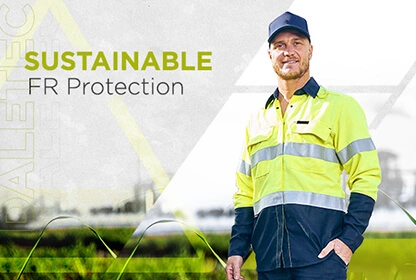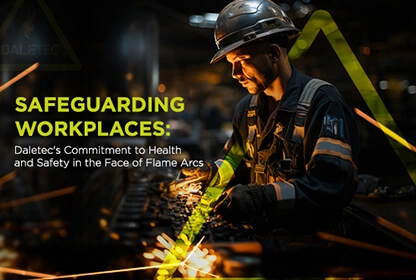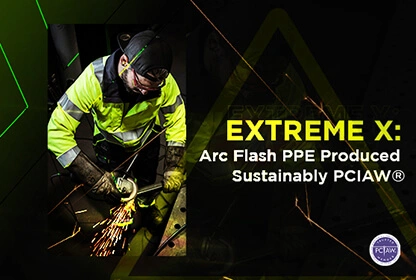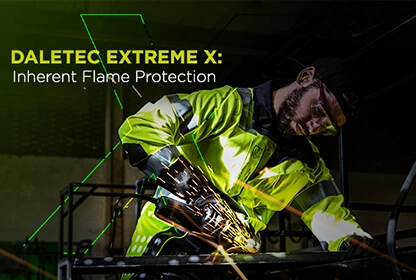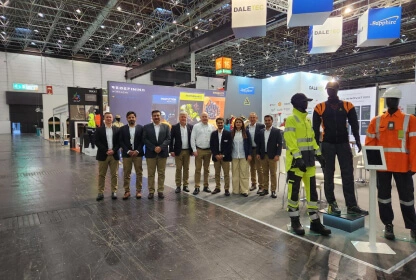January 12, 2024
Blogs
NFPA 2112
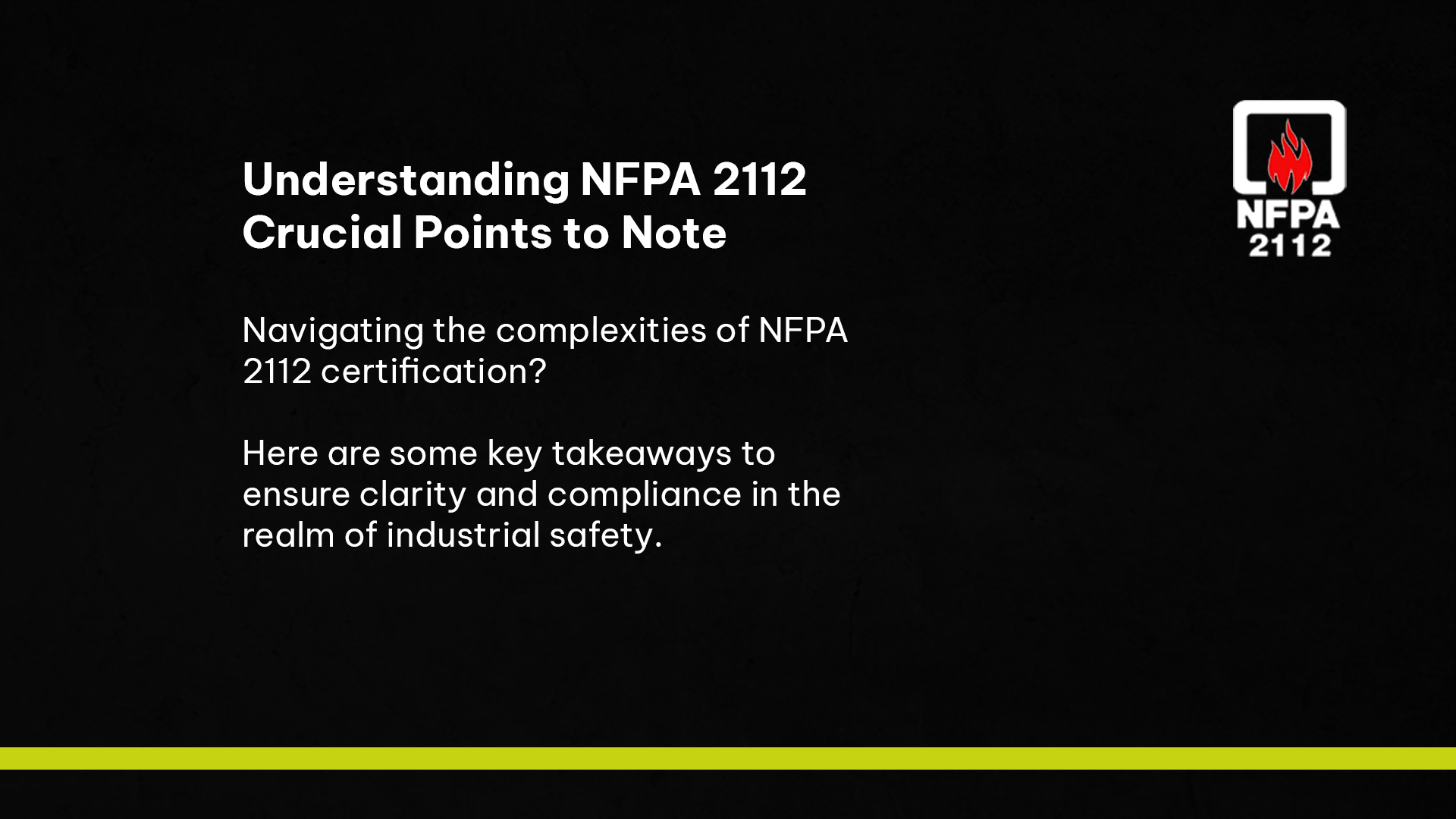
Navigating compliance with NFPA 2112 and NFPA 70E standards can be complex for those involved in industrial flame-resistant (FR) and arc-rated products in Australia and New Zealand. Understanding the distinctions between these standards is crucial. While both address industrial hazards—protecting against flash fire and electric arc—they require separate testing processes and criteria.
In Australia and New Zealand, the emphasis on fabric standards, particularly the NFPA 2112, plays a crucial role in addressing industrial flash fire hazards prevalent in sectors such as petrochemicals, oil, and gas. Unlike finished garments, the focus shifts solely to the fabric, with the NFPA 2112 specifying requirements for materials to ensure protection from these specific hazards. Compliance with this standard is comprehensive, encompassing both individual components and the final garment, and necessitates evaluation by a certification body.
In contrast, the NFPA 70E concentrates on safeguarding against electric arc thermal hazards, placing its primary focus on fabric specifications. It is noteworthy that adherence to one standard does not automatically imply compliance with the other. The distinct nature of these standards underscores the importance of a tailored approach to safety regulations, as different industries face varied risks that require specialized protective measures.
For NFPA 2112, third-party involvement is stringent. Accredited laboratories and certification bodies oversee the process, conducting audits, utilizing accredited testing labs, and maintaining ongoing requirements. Once certified, manufacturers can label their products with the certification organization’s mark, and these certified products are listed online, offering a way to verify compliance.
In contrast, NFPA 70E allows for self-declaration by manufacturers. They can conduct their testing, following outlined ASTM specifications, and declare compliance. There are no mandatory accreditation requirements, but manufacturers must maintain data proving compliance and periodically retest their products.
Batch repeatability is a critical aspect in the realm of fabric certification, where the focus is on consistently producing the same high-quality product to ensure the safety of the wearer. The term encompasses the ability of a fabric mill to replicate a specific fabric composition and performance characteristics across different batches. To streamline this process and minimize redundancy, third-party certification plays a pivotal role. By certifying that the fabric mill can uniformly reproduce a certified product, these third-party entities add an extra layer of assurance regarding the fabric’s reliability and performance.
The concept of “component recognition” is integral in this context. If a component, such as a fabric, has already obtained certification, the fabric manufacturer, may not need to retest it for every batch. However, effective collaboration between Daletec and the certification bodies associated with the component supplier is crucial. This collaboration ensures alignment and prevents redundant testing, as not all certification bodies universally accept each other’s data. This harmonization in certification processes facilitates efficient batch repeatability while maintaining the highest standards of safety and quality in the production of flame-resistant fabrics.
Choose safety. Opt for NFPA 2112 & NFPA 70E certified fabrics for comprehensive workplace protection. The distinct requirements of each standard cater to specific hazards—NFPA 2112 for flash fires and NFPA 70E for electric arc thermal hazards.
For any support or technical information, connect with a Daletec technical specialist.
Prioritize safety with certified fabrics – your workforce deserves the best.
Understanding NFPA 2112: Crucial Points to Note
Navigating the complexities of NFPA 2112 certification? Here are some key takeaways to ensure clarity and compliance in the realm of industrial safety:
Certification Process Clarity: NFPA 2112 is not a self-certifying standard. This emphasizes the necessity of third-party certification, ensuring stringent adherence to safety measures.
Certification vs. Test Reports: A critical distinction—test reports do not equate to certification. Certification must be obtained before goods leave the manufacturing site. It’s a proactive measure, not a retrospective one.
The Purpose of Certification: Certification isn’t just a stamp. It’s a seal of assurance that a manufacturing mill maintains stringent controls and processes, ensuring the consistent production of safe products. These certified products act as the last line of defense in the face of potential exposure incidents.
Compliance Marketing: Unveiling a vital truth—goods that lack NFPA 2112 certification cannot rightfully market themselves as compliant with this standard.
Understanding these pivotal points is essential for upholding safety standards and ensuring the reliability of protective equipment in industrial settings. Stay informed, stay compliant!
Crucial insights into these key points are indispensable for upholding safety standards and ensuring the reliability of protective equipment in industrial settings. Stay informed, stay compliant!
#NFPA2112 #IndustrialSafety #CertificationMatters #ProtectiveEquipment #ComplianceMatters
Rigsheild
Range offers the best protection from heat and flame along with the best comfort. These fabrics are made using the ebst fibres for strength and durability combined with daletec’s unique finishing.
Can endure washes without losing protective properties.
Sparksheild
Designed for workers in the ulility sector, whwre high protection against electric arc flames tongues is combined with flexibility and fashionable constructions for a true uniform look.
Metalshield
Rugged fabrics, molten metal reflecting fabrics that are metal worker’s best friends. These fabrics aee constructed to keep both the worker protected against sparks and flames and secure a high degree of comfort with insulation against heat

